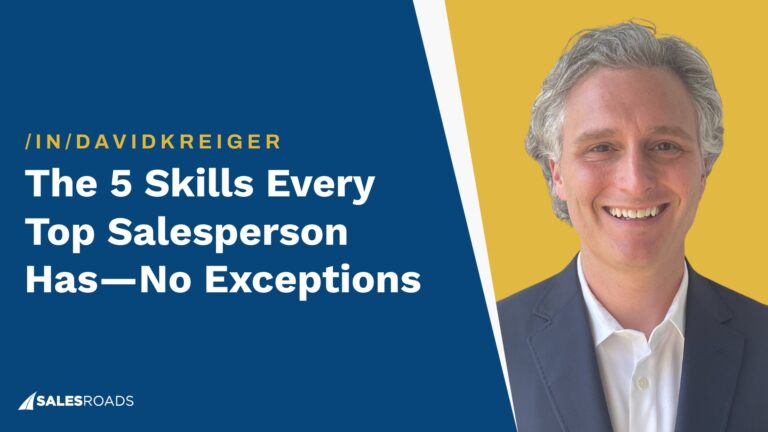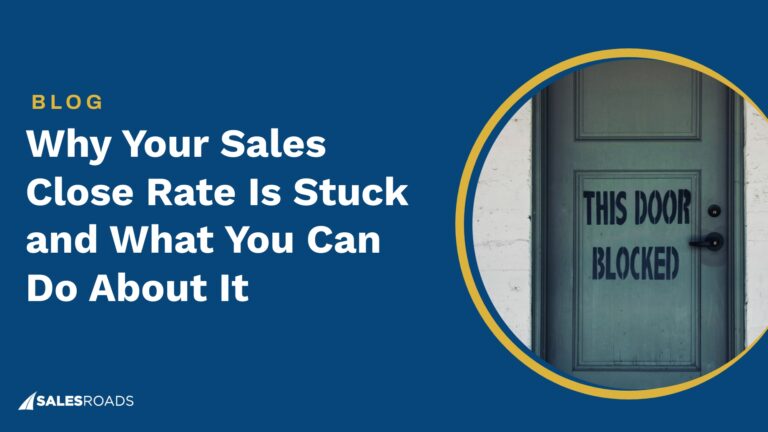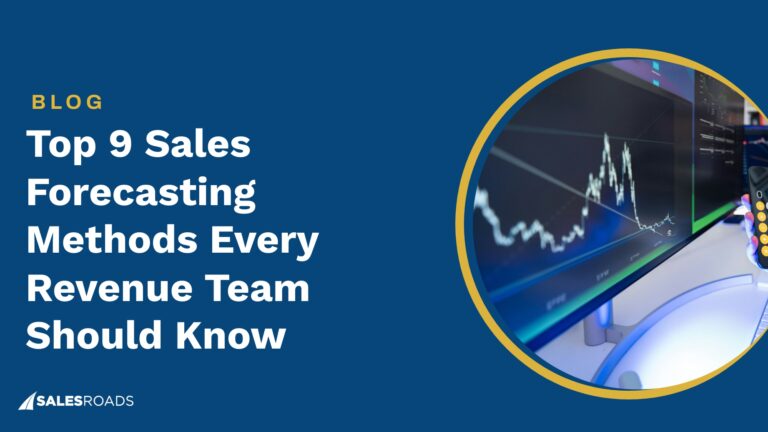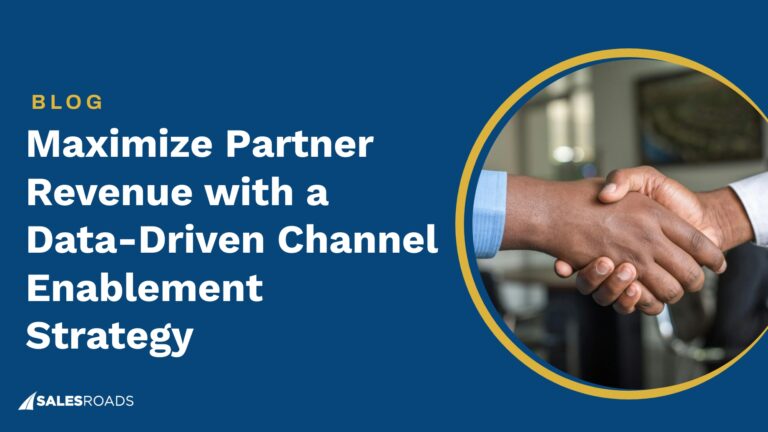Government and public sector appointment setting refers to the process of booking sales appointments within government agencies and public-sector organizations.
It involves coordinating interactions between government officials, public servants, representatives, and individuals from various sectors, including citizens, businesses, non-profit organizations, or other government bodies.
Understanding the Uniqueness of Government & Public Sector Appointment Setting
Getting appointments in the Federal (FED) and State, Local, and Education (SLED) markets demands a special approach that takes into consideration the significant distinctions between the public and private sectors.
It requires knowledge of its distinct characteristics and nuances, from knowing who to reach out to navigating governmental structures.
Differences Between Selling in Government & Public and Private Sectors Explained
Decisions are typically made more quickly, with a focus on profitability and ROI in the private sector. The sales approach involves quicker sales cycles, negotiating deals, and demonstrating the direct value of products or services.
The public sector decision-making processes, on the other hand, are often more complex and bureaucratic as government organizations operate under a more intricate network of rules and regulations with distinct procurement processes and decision-making hierarchies.
Sales professionals often need to navigate those complex procurement processes, respond to RFPs (Request for Proposals), and build relationships with government officials.
Sales reps calling into the public sector should understand the intricacies of it and how prospecting in this market differs from the private.
The Maze of Sub-Agencies, Divisions, and Offices
Governmental entities are not monolithic. They comprise droves of sub-agencies, divisions, and offices, each with their own procedures and protocols to recognize. This sheer volume adds to the complexity of selling to the public sector.
An effective public sector appointment solution is designed to streamline interactions and enhance engagement levels across these labyrinthine structures.
Sales Cycles
Public sector sales cycles are much longer than those in the private sector due to the bureaucratic model followed by government bodies. It is vital to understand and accommodate these elongated sales cycles for successful appointment setting.
Data Security Concerns
Governments handle sensitive and confidential information, making high-level data security a non-negotiable requirement. Concerns about the mishandling of data can introduce obstacles.
Prioritizing and demonstrating impeccable data security measures is crucial for any organization looking to make headway in the public sector appointment setting.
Roadblocks in the Government & Public Sector Appointment Setting
Government and public sector appointment setting poses a unique array of challenges that can act as roadblocks to optimal efficiency. Some of the most common obstacles are:
Dealing with Varying Red Tape
More so than in the private sector, red tape—protocols, rules, and procedures—is an enduring feature of the public sector landscape.
From procurement processes to regulatory requirements, these obstacles necessitate rigorous planning and adhesion. Only expertise in crafting a proper strategic approach can navigate your path to success.
Finding Contact Data in a Shifting and Dynamic Sector
In the ever-shifting environment where decision-makers transition roles, the ability to locate and maintain accurate contact information is a formidable task.
Especially with SLED targets, identifying the right decision-makers and building an up-to-date database requires expert knowledge and a keen understanding of how things work in the government sector.
Without an accurate prospect list, you waste valuable time and resources chasing after leads that aren’t fit for you.
But having accurate contact information is just one piece of the puzzle. You also need to figure out who and how to contact.
Our Director of Client Success, Christina Johnson, who oversees SalesRoads’ SLED and FED appointment setting programs, identifies lead data as the primary internal challenge. Despite the availability of necessary information on School, Local, and State Government websites, acquiring accurate and comprehensive data from the standard lead resources remains a significant hurdle.
For example, when you’re selling to the government, don’t assume that top-tier C-level executives are always the ones making decisions about product or service deployments. In fact, they might not even be on the decision-making team; it’s often the deputy to the chief executive who plays the more hands-on role in these situations.
Facing Bureaucratic Delays
Bureaucracy is an inherent attribute of the public sector, often slowing down the purchasing process and causing delays, inefficiencies, and frustration for everyone involved.
Since more individuals need to grant approval before moving forward, there are more hurdles to overcome for sales reps.
Adapting Continuous Policy Changes
Public sector organizations often see continuous policy changes stemming from shifts in political landscapes. These modifications impact the procurement process.
These factors complicate appointment setting and demand constant adaptability.
Why Outsourcing is an Effective Strategy for the Government & Public Sector Appointment Setting?
The challenges encountered in public sector appointment setting pose significant obstacles for sales reps.
Overcoming these hurdles demands greater expertise and training to enhance their skills and achieve target goals, which, in turn, necessitates increased time and resource allocation.
That’s why outsourcing appointment setting to a vendor who has expertise within the government and public sector and its decision-makers is like taking the express lane to success.
Experience within the Sector
Vendors in this space demonstrate a deep familiarity with the unique nuances of the sector, ranging from specific regulations to organizational hierarchies. This understanding is not just theoretical; it’s practically applied in the tools and strategies they develop.
For example, Christina Johnson emphasizes navigating the complexities of interagency bureaucracy poses a significant challenge in progressing from an introductory meeting to a product demonstration, and potentially to a sale. Understanding the position of prospects in their buying cycle and discerning their motivations for engaging in a call presents considerable difficulty.
She says it’s crucial to create specific questions for the reps to ask during appointments to determine whether a prospect is in the discovery, planning, or implementation stage, and understand their reasons for taking a meeting. These detailed inquiries aid in clearly defining the prospect’s position in the buying cycle, allowing for more targeted and effective calls.
It’s clear that accumulated experience translates into vast industry knowledge and proven command of effective sales strategies.
Access to Up-to-Date Sector Database
Specialized partners have several internal and external, up-to-date databases containing key decision-makers in the public sector.
They often have a data team that is tasked with conducting extensive research on the decision-makers. Christina Johnson emphasizes the significance of SalesRoads’ data operation teams having a profound understanding of the SLED market. Their expertise in utilizing data from diverse government websites is crucial for effectively identifying and engaging with key decision-makers.
She also emphasizes the critical role of training in equipping sales reps with the skills to efficiently source necessary data directly from these websites.
Instead of buying a random prospect list and hoping for the best, you can rely on the accurate list curated by your partner.
Flexibility and Scalability
Outsourcing holds the ace for flexibility and scalability. Sales needs may vary during different fiscal periods.
A third party can adapt to these fluctuations, scaling operations up or down. This flexibility balances capacities with needs, ensuring efficient use of resources.
AEs Focus on Closing the Deal
AEs tasked with both prospecting and closing the deals are overwhelmed and spend their energy inefficiently.
Outsourcing allows your AEs to prioritize their fundamental duty of closing deals.
Rapid Expansion in the Pipeline
Outsourcing providers with a specific focus on government sector appointment setting brings rapid expansion to your sales pipeline.
Specialized knowledge, resources, and effective sales strategies generate many more opportunities from the start than an in-house approach without expertise could.
Case Study: Interview with Amanda Cyr, the Government Market Director and Team Lead at AchieveIt
For an inside look at how outsourcing can be an effective tool for reaching SLED and FED targets, we interviewed Amanda Cyr about their partnership with SalesRoads.
Their Challenges in the Government & Public Sector Before SalesRoads
AchieveIt initially struggled with constraints on their time and resources. Navigating the complexities and bureaucratic red tape of the public sector posed a challenge, alongside focusing on their core business operations.
Amanda was trying to reach the right decision-makers and maintain their sales momentum. Amanda notes that the pressure of juggling these responsibilities weighed her down.
Fulfilling her daily tasks brought stress, while the responsibility of targeting and converting potential leads increased it, often falling to the wayside.
The Impact of SalesRoads on AchieveIt’s Processes
AchieveIt grappled with the intricacies of public sector appointment setting, and SalesRoads emerged as their outsourced sales partner, turning the tide in their favor.
The positive impact was immediate and astonishing. Amanda stated, “When we first started with them, they got me 10 meetings. It was crazy. The first meeting they ever set for me, that deal closed.”
This success marked a shift in AchieveIt’s public sector engagement. Amanda reflected on her past struggles, confessing, “It was difficult for me to take the time to prospect with clients… frustrating to not have the time to be able to prospect. With SalesRoads, I could spend more time focusing on my pipeline… My pipeline has grown two, three, four times since we started with SalesRoads.”
AchieveIt’s experience highlights the crucial benefits offered by a skilled sales partner, showing the compelling advantages of outsourcing in the realm of government and public sector appointment setting.
You can watch the full interview here:
FAQs
1. What is SLED?
SLED stands for State, Local, and Education governments. The “State” component refers to state government entities, “Local” pertains to local government bodies, and “Education” denotes educational institutions.
2. What is the difference between selling in public and private sectors?
The public and private sectors operate differently, and this impacts the selling processes. In the public sector, there’s an intricate network of rules and regulations, distinct procurement processes, and decision-making hierarchies that aren’t typically seen in private businesses.
3. How to set appointments in the public sector?
Setting appointments in the public sector involves navigating through a complex landscape. This includes understanding and dealing with a series of regulations and red tape, identifying the right decision-makers, and building a database of these individuals.











